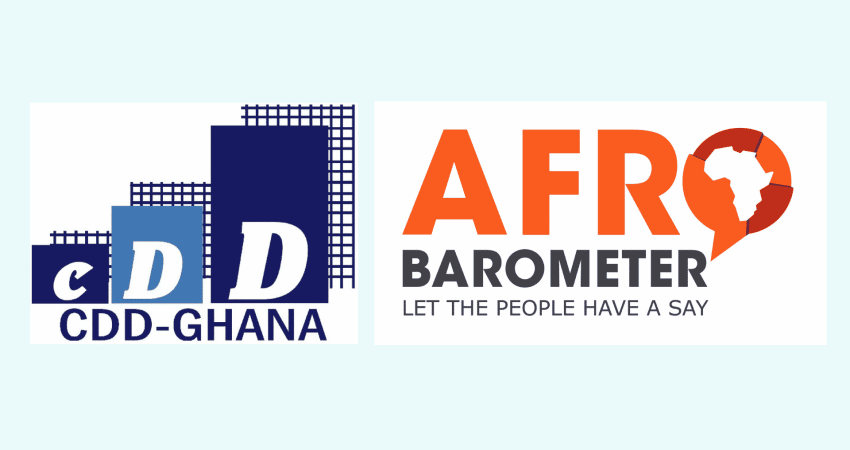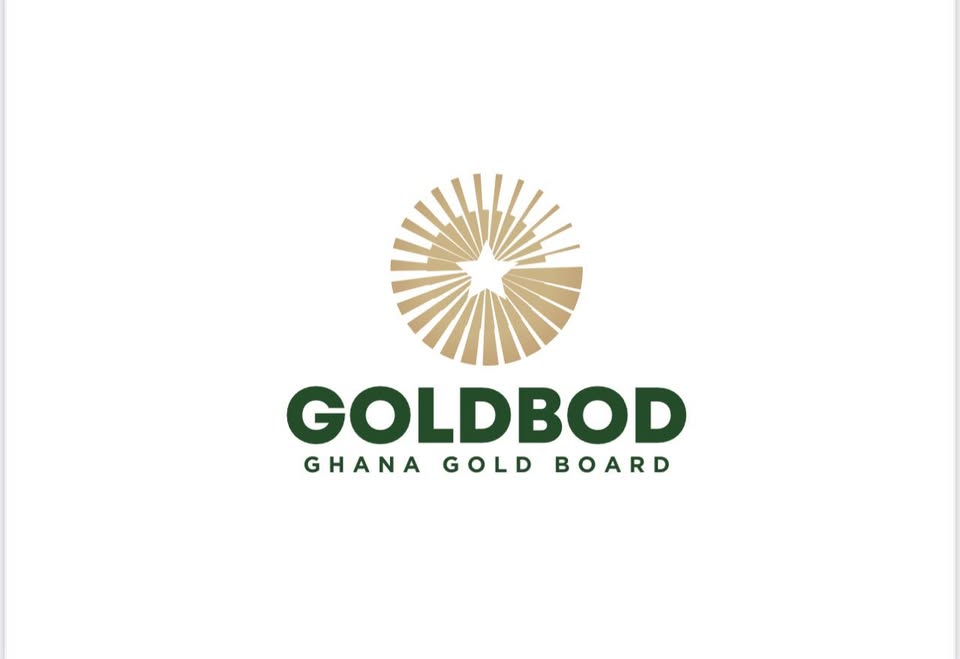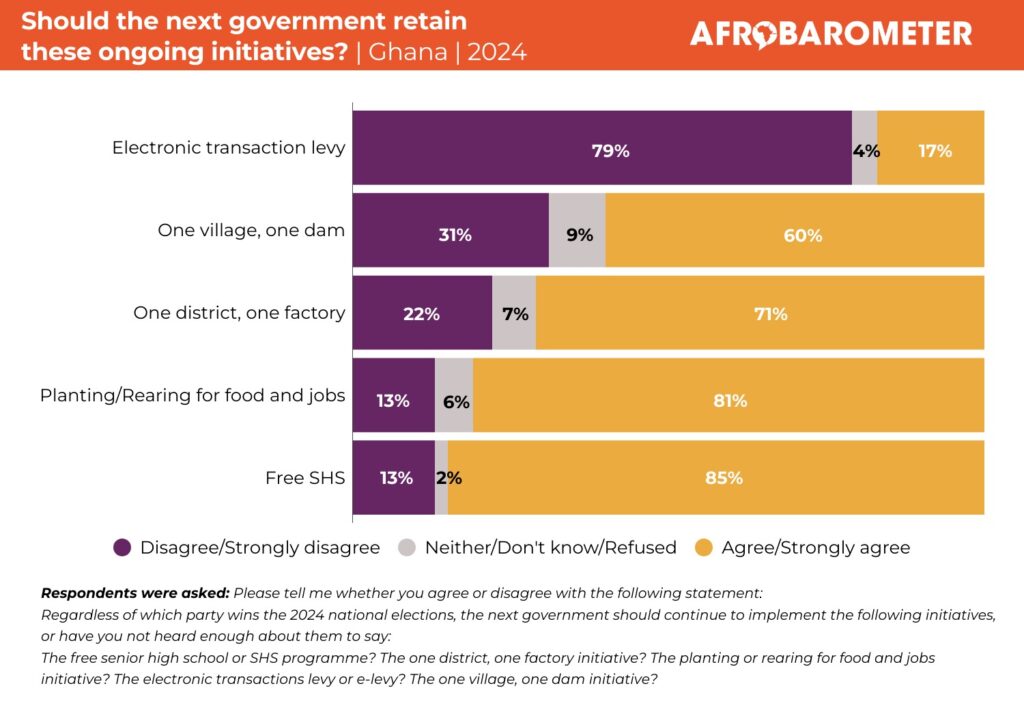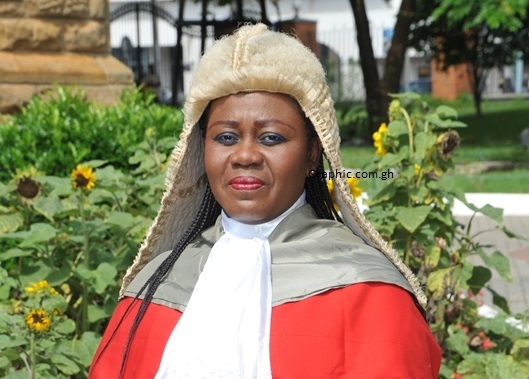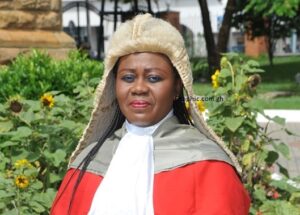The COVID-19 global pandemic was an event no one anticipated when the year 2020 began. This unanticipated event with the health risks it presented and the urgent need to protect human lives, required strategic policy responses from governments. In the case of Ghana, the government’s action included a) a partial lockdown for three weeks in three major cities; b) the introduction of several social distancing rules which were eased over time; c) the closing of the country’s borders d) implementing a testing regime at the airport to screen passengers entering the country for COVID-19; e) the closure of schools, and a transition to remote teaching and learning; f) social and economic relief for Ghanaians such as distribution of food during the lockdown, free water and electricity g) tax relief for health workers; etc. All these measures were important to help the country deal with and manage the pandemic. In the 2020 CDD-Ghana pre-election poll, a majority sixty-nine percent (69%) said the pandemic had made economic conditions worse, and sixty-five percent (65%) also said it had worsened their living conditions. The recently released full summary of the results of the Afrobarometer Round 9 survey, conducted in 2022 provides data for us to assess these efforts from a citizen’s perspective.
The Bright Spots
The government’s efforts in managing the pandemic were rated well by Ghanaians. When asked “how well or badly would you say the current government has managed the response to the COVID-19 pandemic?”, three out of ten (34.6%) said very well, four out of ten (41.7%) said fairly well, one out of ten (12%) said fairly badly, one out of ten (10.1%) said very badly and another one out of ten (1.4%) said don’t know. Two years prior, in the CDD-Ghana pre-election poll, when asked “In your opinion, how well or badly would you say the current government is handling preventing the spread of the COVID-19 pandemic?” a strong majority (83%) said fairly well or very well. The high level of praise the government earned for its efforts back in 2020 resulted in Ghanaians remaining optimistic with a majority sixty-nine percent (69%) saying things were going to get better within the year.
The levels of satisfaction expressed in very specific areas were generally positive. In the three areas asked by the Afrobarometer survey, a) sixty-one percent (61%) expressed satisfaction with governments efforts at making sure health facilities had adequate resources to respond to the COVID-19 pandemic; b) fifty-nine percent (59%) expressed satisfaction with government efforts at ensuring that disruptions to children’s education were kept to a minimum and c) fifty percent (50%) expressed satisfaction with government’s provision of relief items to vulnerable households.
Sixty-four percent (64%) agreed that government needs to invest more health resources in special preparations to respond to health emergencies like COVID-19, even if that meant fewer resources are available for other health services.
Areas of Concern
There were however quite a few areas of concern raised by citizens in their assessment of the government’s efforts.
- There was a significant gap between Ghanaians in rural areas and those in urban areas on how satisfied they were with the government’s efforts to ensure that disruptions to children’s education were kept to a minimum. While sixty-four percent (64%) of those in the urban areas were satisfied, only fifty-three (53%) percent in the rural areas were satisfied.
- Sixty-seven percent (67%) felt that the distribution of government support to people during the COVID-19 pandemic was somewhat or very unfairly done.
- When asked how much of the funds and resources available to the government for combating and responding to the COVID-19 pandemic were lost due to corruption, four out of ten (44%) said a lot, while another three out of ten (28%) said some.
- Only four out of ten (44%) said after experiencing the COVID-19 pandemic in Ghana, the government is somewhat or very prepared to deal with future public health emergencies.
Beyond The Government’s Performance
I was quite struck by two sentiments expressed by Ghanaians about the exercise of government power during a pandemic:
- Fifty percent (50%) said it is justified for the government to temporarily limit democracy or democratic freedoms by censoring media reporting.
- Seventy-six percent (76%) said it is justified to use the police and security forces to enforce public health mandates like restrictions on public gatherings or wearing face masks.
The disruptive nature of the pandemic means that this is not something anyone will ever wish for again. However, if we should ever face another global pandemic, I hope there are important lessons to learn from these results made possible by the Afrobarometer survey.
 John Osae-Kwapong (PhD.) is a Democracy and Development (D&D) Fellow at CDD-Ghana, Associate Provost for Assessment, Accreditation, and Institutional Effectiveness, Baruch College, The City University of New York
John Osae-Kwapong (PhD.) is a Democracy and Development (D&D) Fellow at CDD-Ghana, Associate Provost for Assessment, Accreditation, and Institutional Effectiveness, Baruch College, The City University of New York


